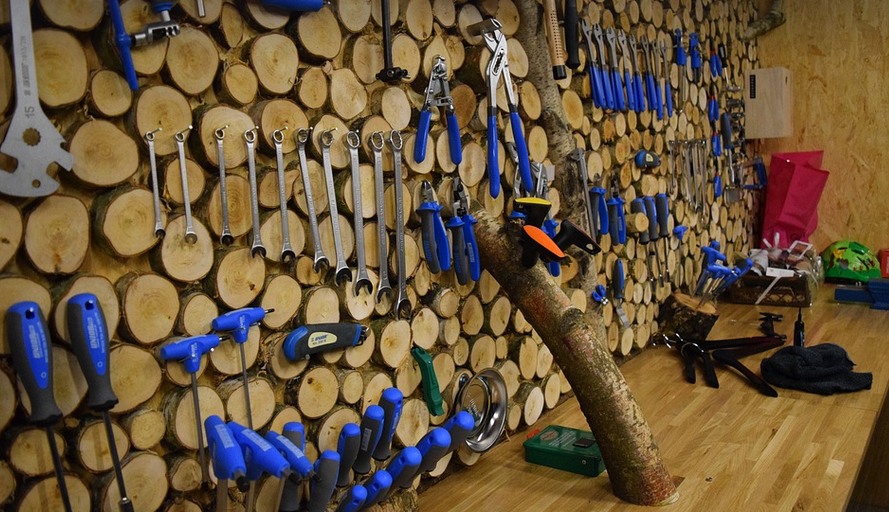Understanding the Importance of a Healthy Condenser Coil
Your condenser coil is like the heart of your AC system, working tirelessly to remove heat and keep your home cool during those scorching summer days. It’s essentially a thin network of tubes with fins that act as radiators for the refrigerant. This tiny powerhouse plays a vital role in your AC unit’s efficiency, directly impacting how well it cools your house.
When this crucial component starts to malfunction, it can significantly impact your comfort and home energy bills. A damaged or dirty condenser coil will struggle to do its job, leading to reduced cooling capacity, increased strain on the system, and ultimately, higher energy consumption.
Recognizing Signs of a Damaged Condenser Coil
Before diving into repair options, it’s crucial to identify any problems with your condenser coil. These are common signs that indicate potential damage:
- Increased Energy Bills: If you’ve noticed a sudden spike in your energy bills, without any noticeable change in thermostat settings or room temperature, the condenser coil might be the culprit.
- Overheating: If your AC unit is showing signs of overheating consistently, it could indicate a blockage or damage to the condenser coil.
- Reduced Cooling Power: If your home feels excessively warm despite setting the thermostat to its coolest setting, it means your AC isn’t effectively cooling the space. A damaged coil is likely to blame.
- Unusual Noises: Excessive noise from your AC unit might indicate a problem with the condenser coil, like a loose component or internal blockage.
Repair Options for Your Condenser Coil
Depending on the extent of damage and whether it’s still under warranty, there are different repair options available:
- Cleaning: For minor issues like dirt accumulation or debris blocking airflow, a thorough cleaning can often fix the problem. This usually involves using compressed air or a specialized coil cleaner to remove any obstructions from the coils.
- Coil Replacement: In more severe cases of damage, especially if rust, corrosion, or significant wear and tear are evident, replacing the whole condenser coil might be necessary.
Cost Considerations for Repair
Repairing a condenser coil can range from fairly cheap to quite expensive. The cost will depend on factors such as:
- Severity of damage: As mentioned before, minor cleaning may be as affordable as $100-$200. However, replacing the entire unit might require a few thousand dollars.
- Type of AC system: The size and complexity of your AC system will influence the repair cost.
- Labor costs: Depending on the location and the service provider, labor charges can vary significantly.
DIY vs. Professional Repair
While you might be tempted to try and fix the condenser coil yourself, given their intricate design and potential risks like electrical hazards, it is highly recommended to consult a professional HVAC technician for any significant repairs. A skilled technician can diagnose the problem precisely, determine the best course of action, and perform the repair safely and efficiently.
Preventive Measures for Your Condenser Coil
To keep your condenser coil healthy and prevent future problems, follow these simple preventive measures:
- Regular Maintenance: Schedule a routine inspection by a qualified technician every year. This can help catch any issues early on before they escalate into costly repairs.
- Keep Your Yard Clean:
Debris buildup in your yard can obstruct airflow, leading to overheating and damage. Regularly clear the area around the condenser unit of fallen leaves, grass clippings, and other debris.
- Monitor your System Regularly: Keep a close eye on the performance of your AC unit. Any unusual noises, unusual smells, or changes in energy consumption should be noted.
Professional Assistance for Expert Advice
Remember, while some simple repairs can be tackled by homeowners, complex issues often require professional expertise. If you suspect a problem with your condenser coil, don’t hesitate to contact an experienced HVAC technician. They have the knowledge and tools to diagnose the issue accurately and recommend the most appropriate solutions.
Conclusion: A Healthy Coil for a Happy Home
A well-maintained condenser coil is essential for achieving optimal performance and energy efficiency from your AC system. By understanding the signs of damage, exploring repair options, and implementing preventive measures, you can ensure that your home stays cool all summer long. Remember, investing in professional help when needed can save you time, money, and hassle in the long run.
